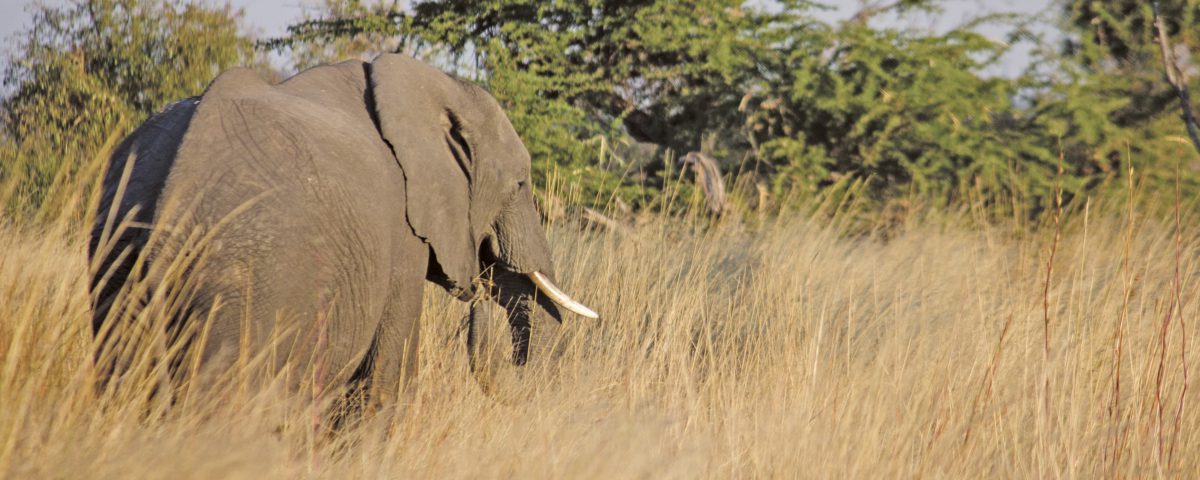F or many institutions concerned with nature conservation the year 2016 was rather tumultuous at times, and NAPHA is no exception. Preparations for the IUCN World Conservation Congress and the CITES Conference of Parties, and the endeavours of some groups to discredit hunting, cast a long shadow. e bottom line is that a large section of the general population and most of the responsible institutions could not help but admit that respectful and sustainable hunting can indeed play an important role in the protection of natural habitats.
Namibia’s well functioning and well-structured conservation strategy played a leading role in achieving this. It makes us proud but at the same time a little uneasy, too. Constant praise can lead to carelessness and a tendency to ignore small deficiencies. Therefore we would like to repeat last year’s message in a slightly altered form: Responsible action is needed – not only, but especially by us hunters, so that we continue to live up to Namibia’s excellent reputation.
Last year we expressed the hope and the wish in this space that the general public would enter into a constructive dialog with the hunting fraternity on the very matter which is so dear to all of us: the protection of the marvellous nature and the wild animals of our country.
Such dialog took place in many cases and NAPHA is thankful for the openness and the honesty that was shown to us from many sides. It can be reiterated that hunting, if practised respectfully and sustainably, is an important tool of practical nature conservation. No doubt portrayals which deliberately put hunting in a bad light will continue, just as misconduct and offences on the part of hunters will have to be dealt with in future as well. at is a matter of human nature. Just take a look at the sometimes very questionable conduct among the so-called elite of society – politicians, famous sportsmen or church officials – just as much as among ordinary people. But the subject matter as such, hunting, is not only an indispensable part of nature but also an essential part of successful conservation strategies.




